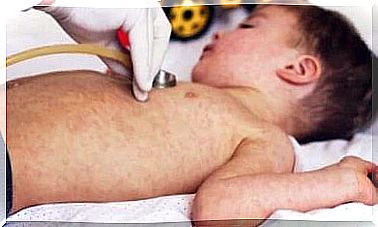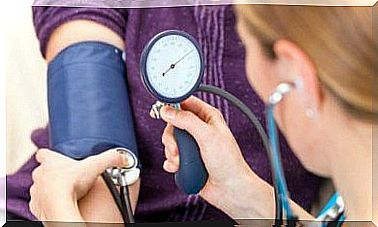Sepsis In Children: Symptoms And Warnings

Sepsis in infants and children is a serious disease that can lead to death in some cases. It is a medical emergency that needs to be treated as soon as possible, because time is crucial. For this reason, it is very important to know the warning signs of this disease.
Those with a weakened immune system are most at risk for disease. This serious condition occurs more often in older adults, people with chronic diseases and those who have suffered significant physical trauma.
What is sepsis?

Signs announcing sepsis in infants and children
In most cases, sepsis is preceded by an infection, which can be located in the urinary tract, skin, bones or lungs. It should be noted that premature babies and those born with low birth weight are more likely to suffer from sepsis. Age is a risk factor.
The main symptoms are as follows:
- Cold hands and feet
- General confusion, dizziness and disorientation
- Nausea and vomiting
Dry diapers for more than 12 hours in babies are another warning sign, as they indicate dehydration and the body’s efforts to retain fluids. This is related to lowering blood pressure and lowering blood flow to the kidneys.

Prevention of sepsis in infants and children
- Primary: Immunization using vaccines.
- Secondary: Long-term antimicrobial prophylaxis and administration of antibiotics, antivirals and antifungals, especially to patients with weakened immune systems.
The main preventive measures are the following:
- Use of drinking water
- Compliance with the mandatory vaccination program









